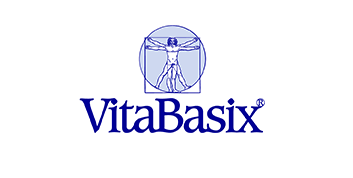The polyphenol resveratrol is a natural, highly effective antioxidant that is mainly extracted from the skin of grapes. Especially the red grape seems to have a high content of this active ingredient. In nature, the main function of resveratrol is to protect the plant from infections, fungi and parasites as well as from harmful environmental toxins and UV rays. Ancient civilisations recognised nature’s treasures in herbs and plants and have understood their importance for around 10,000 years, during which they were able to achieve amazing effects with these botanical nutrients.
Resveratrol and other plant substances from nature have positive effects on the blood vessels, the heart and the metabolism. They can be summarised as follows:
Resveratrol: The polyphenol resveratrol has a strong antioxidant effect and can neutralise reactive oxygen molecules. It is extracted from the skin of grapes. Cocoa, peanuts, pistachios and berries also contain this nutrient. The highest content of resveratrol, on the other hand, is found in Japanese knotweed. It is particularly beneficial for the blood vessels and the cardiovascular system. It can also help to positively support the ageing process.
Quercetin: This yellow pigment is a water-soluble plant pigment from the large group of flavonoids. Besides red wine, it is found in green and black tea, apples and leafy vegetables. The main source of quercetin, however, is the onion. As an important antioxidant, it can help support normal cell growth, protect the blood vessels and increase the number of mitochondria, the power plants of the cells.
Catechins are the main antioxidants found in green tea leaves. These colourless bitter substances with an excellent radical scavenging capacity develop synergistic effects with resveratrol. In addition, they can regulate those enzymes that influence insulin levels and thus also promote normal cell growth.
OPC: This abbreviation refers to oligomeric procyanidins, a group with specific chemical bonds. Besides grapes, peanuts, blueberries and cranberries are also rich in OPC. OPC is said to have particularly strong cell-protective effects. In fact, it has a stronger effect than the combination of vitamin C and vitamins E. OPC helps to keep cholesterol levels within the normal range as well as supporting an optimal memory and protecting against the effects of stress.



 Chronobrands
Chronobrands



Reviews
There are no reviews yet.